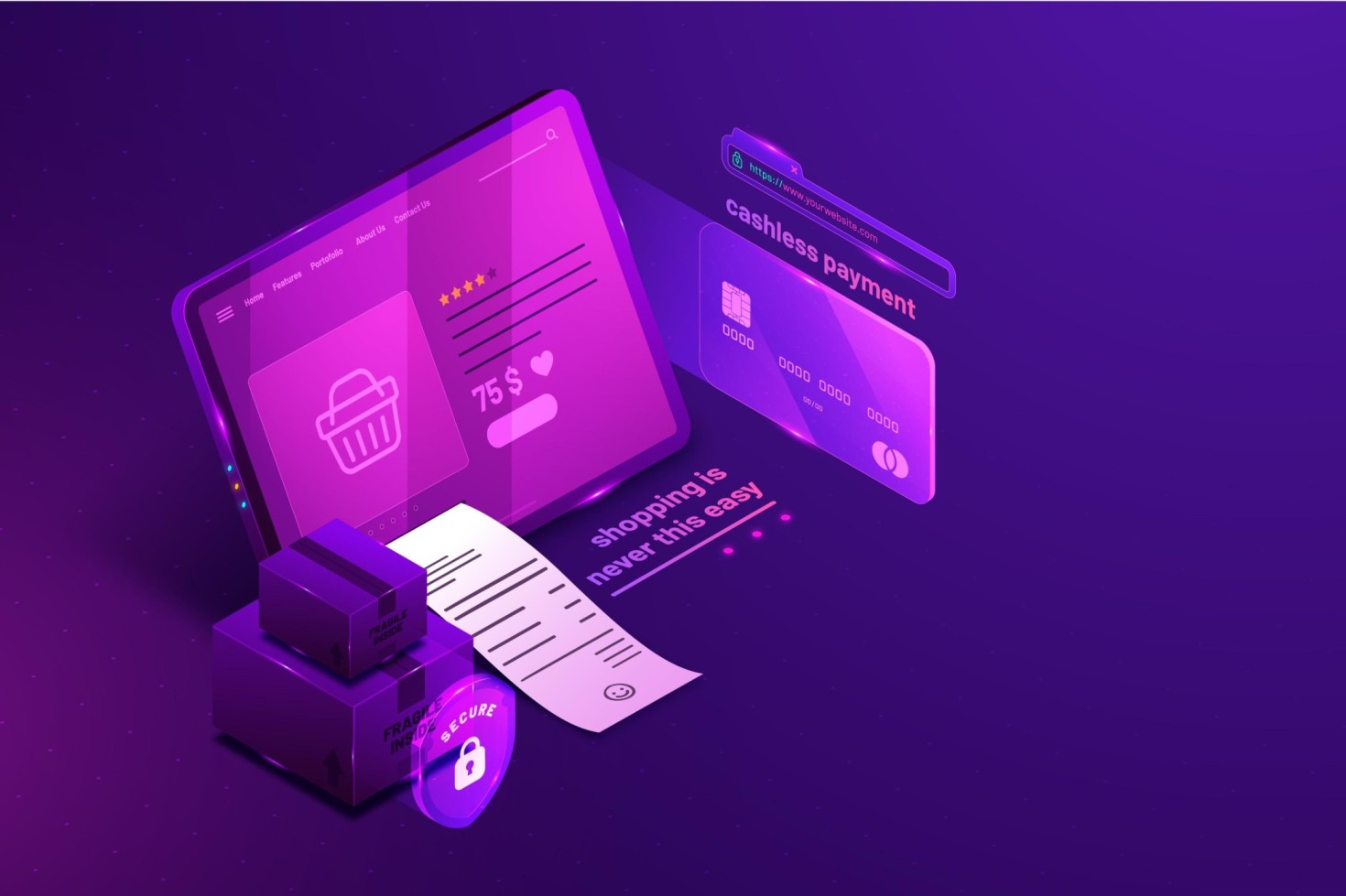
In the rapidly evolving world of software development, technical expertise is essential. However, in today’s competitive tech industry, mastering coding languages and frameworks alone isn’t enough. Employers and industry leaders are increasingly recognizing the crucial role that soft skills play in the success of software developers. These personal attributes, such as communication, collaboration, and problem-solving abilities, are often the distinguishing factors that separate average developers from exceptional ones.
Whether you’re an aspiring developer or a seasoned professional looking to level up your career, understanding the importance of soft skills can open doors to opportunities that might otherwise remain closed. Let’s dive deep into the various soft skills that can elevate your career in software development, and how cultivating these skills can lead to greater job satisfaction, career advancement, and personal growth.
What Are Soft Skills?
Before diving into their significance in software development, it’s essential to define what soft skills are. Soft skills refer to a combination of interpersonal abilities, communication techniques, and personality traits that help individuals work effectively with others. Unlike hard skills, which are teachable and measurable (such as programming languages or technical certifications), soft skills are often more subtle and harder to quantify. However, they are just as vital, if not more so, in today’s collaborative and client-driven tech environment.
Why Are Soft Skills Crucial for Software Developers?
Effective Communication: Bridging the Gap Between Teams
Software developers don’t work in isolation. Whether it’s collaborating with product managers, designers, or clients, the ability to communicate clearly and effectively is critical. Developers often need to explain complex technical concepts to non-technical stakeholders. In this context, soft skills like active listening, clarity in speech, and the ability to simplify technical jargon are essential for bridging the communication gap.
Clear communication also helps in gathering requirements, providing feedback, and discussing timelines. The more you can explain your ideas concisely, the more you can demonstrate your value as a developer who is not just technically proficient but also capable of leading conversations and influencing decisions.

Team Collaboration: Thriving in Agile Environments
Software development projects are rarely solo endeavors. Developers must work closely with other team members to meet project goals and deadlines. The modern software development lifecycle thrives on collaborative environments, especially within Agile frameworks like Scrum or Kanban. Team collaboration requires empathy, respect, and the ability to work harmoniously in groups.
Soft skills such as conflict resolution, adaptability, and open-mindedness are necessary for managing diverse opinions and navigating challenges within a team. Teams that communicate effectively and work well together tend to deliver better products, faster.
Problem-Solving and Critical Thinking: More Than Just Debugging Code
As a software developer, problem-solving is a core part of the job. But in today’s fast-paced development cycles, it’s not just about fixing bugs or writing efficient code—it’s about being able to approach complex challenges with a critical thinking mindset.
Developers who can think strategically about the larger picture, ask the right questions, and come up with innovative solutions will always be in demand. Soft skills like creativity, decision-making, and the ability to think outside the box can lead to more effective problem-solving, ensuring that developers can adapt to new technologies and business requirements quickly and efficiently.
Time Management: Delivering High-Quality Code on Time
In the world of software development, time is often of the essence. Tight deadlines, competing priorities, and the need to stay on top of multiple projects can create pressure for developers. That’s where soft skills like time management and prioritization come into play.
Being able to effectively manage your time, set realistic goals, and deliver code on time requires a balance of self-discipline and organizational skills. Developers who excel in these areas can reduce stress, improve productivity, and contribute to a more streamlined development process.

Emotional Intelligence (EQ): Building Strong Work Relationships
In any professional setting, emotional intelligence is a cornerstone of building strong relationships. It involves understanding and managing your own emotions, as well as empathizing with others. In software development, emotional intelligence plays a key role in maintaining positive work relationships, especially in high-pressure environments.
A developer with high EQ can handle criticism constructively, manage stress effectively, and maintain a positive attitude even when facing challenging tasks. Furthermore, they can navigate the nuances of workplace dynamics, ensuring that they foster collaboration rather than conflict.
The Impact of Soft Skills on Career Growth
Increased Opportunities for Leadership Roles
While technical expertise is a critical foundation for any developer, soft skills can unlock opportunities for leadership roles. Developers with strong communication, collaboration, and problem-solving skills often find themselves taking on more responsibility, whether it's mentoring junior developers, leading development teams, or overseeing project delivery.
Employers are looking for leaders who can inspire their teams, communicate the vision, and ensure smooth execution. Developers who demonstrate soft skills like empathy, conflict resolution, and decision-making will be better prepared for leadership positions.
Enhanced Job Satisfaction
When developers are able to communicate effectively, work well with others, and manage stress and deadlines, they are more likely to enjoy their work. Soft skills like empathy, patience, and resilience contribute to a healthy and fulfilling work environment. Being able to navigate the complexities of the workplace with emotional intelligence also helps reduce burnout and foster long-term job satisfaction.

Better Career Advancement
Developers who combine technical expertise with strong soft skills often find themselves advancing faster in their careers. Soft skills can differentiate you from other developers who may be technically competent but struggle to collaborate or communicate effectively. Developing your soft skills not only helps you perform better in your current role but also positions you for greater opportunities in the future.
How to Improve Your Soft Skills as a Developer
Seek Feedback Regularly
One of the most effective ways to improve your soft skills is by seeking feedback from peers, mentors, and managers. Constructive feedback can help identify areas for improvement and guide you in refining your communication, collaboration, and emotional intelligence.
Participate in Team Activities
Engage in team-building exercises or collaborative projects where you can practice active listening, conflict resolution, and teamwork. These activities allow you to hone your interpersonal skills while also strengthening relationships with colleagues.
Invest in Emotional Intelligence Training
There are numerous resources available for enhancing emotional intelligence, from books to online courses. Developing empathy, self-awareness, and emotional regulation can help you navigate challenging work situations more effectively.

Practice Public Speaking and Writing
Improving your communication skills can be as simple as practicing public speaking or writing blog posts. This will help you become more comfortable expressing your thoughts clearly and concisely, whether you’re addressing a team, a client, or a wider audience.
Learn Time Management Tools
There are many time management tools available that can help you organize tasks, set priorities, and manage deadlines more effectively. Implementing these tools in your daily routine can significantly boost your productivity and reduce stress.
Conclusion
While technical skills form the foundation of any software development career, soft skills are what will elevate your career to the next level. Communication, collaboration, problem-solving, and emotional intelligence are not just "nice-to-have" traits—they are essential components of becoming a successful, well-rounded developer. By actively working on these soft skills, you can enhance your performance, contribute more meaningfully to your team, and open the door to a wealth of career opportunities.
So, if you’re serious about building a successful career in software development, don’t just focus on mastering the latest programming language. Cultivate your soft skills as well, and watch how they propel your career to new heights.














